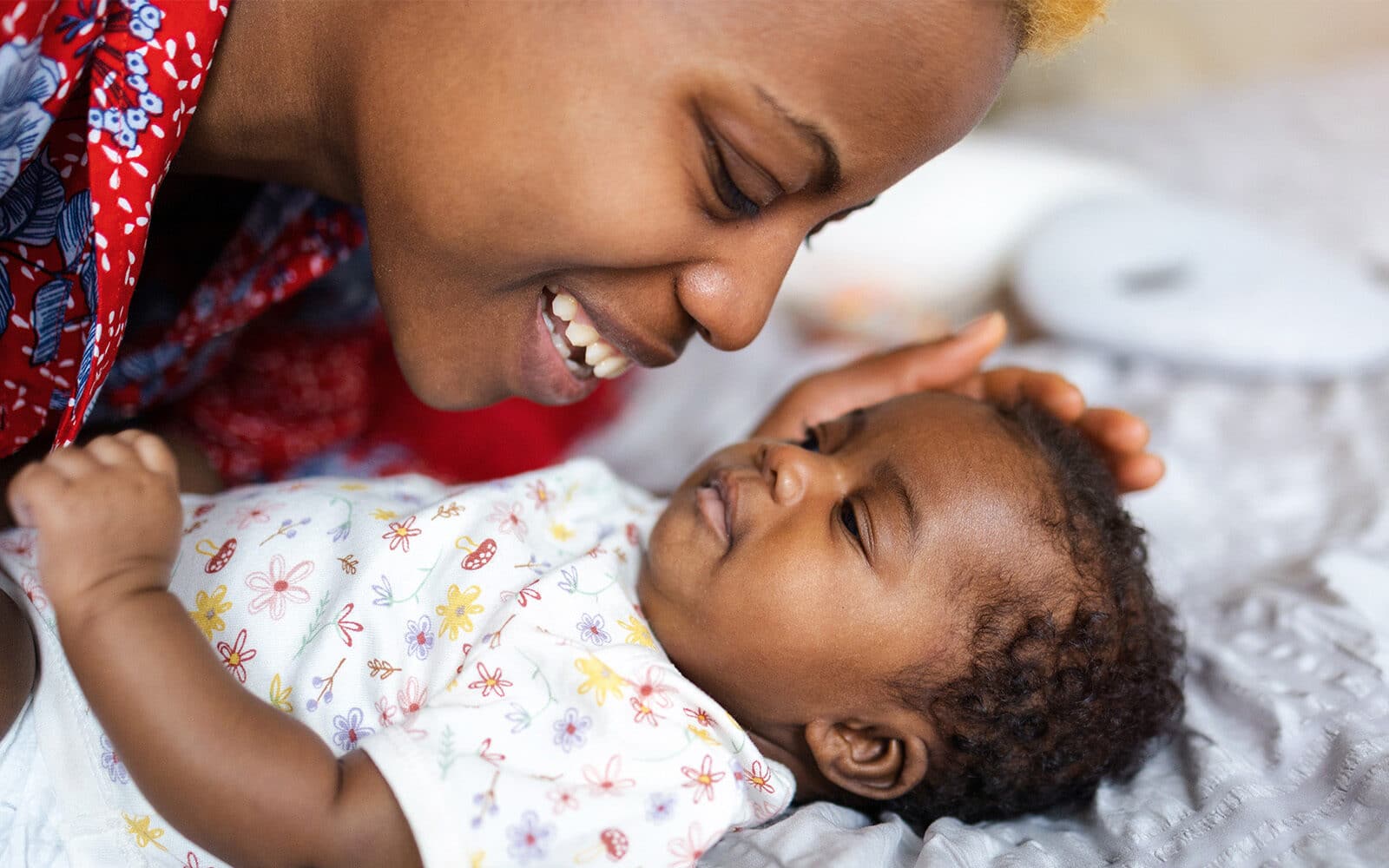The Governor’s multi-year Smart Start Illinois proposal includes important and unprecedented increases to home visiting programs: a $75 million proposed increase to the Early Childhood Block Grant (ECBG) under the Illinois State Board of Education (ISBE), which includes the Prevention Initiative home visiting program, as well as a $5 million increase to the Illinois Department of Human Services (IDHS) home visiting programs. Passage of the Governor’s proposed fiscal year 2024 budget and implementation of Smart Start Illinois will have a significant impact on home visiting services in Illinois by bolstering supports to recruit and retain a diverse and highly-qualified workforce and dramatically expanding the reach of programs to serve more children and families.
Illinois has a long and robust history of supporting home visiting services as a key pillar in the continuum of infant/early childhood services that strengthen the caregiver-child relationship and connect families to vital community resources to support long-term healthy development and well-being. Annually, Illinois serves an estimated 22,000 families across multiple home visiting models supported by a mix of state and federal funding streams. But we know that more families could benefit from these services, and that the home visiting workforce is at a crisis point with low wages driving turnover, which impacts family retention.
Start Early recommends that increased funds should be used to raise wages for home visitors to sustainable and respectful levels, as well as expand program access, particularly for prenatal and doula services and improve access to these services for families with infants and toddlers. As ISBE and IDHS work to grow the reach of programs, funding should also be used for capacity building or a separate funding opportunity to help start new programs in needed areas, as well as for supports, such as Infant/Early Childhood Mental Health Consultation, and enhancements for programs serving priority populations.

